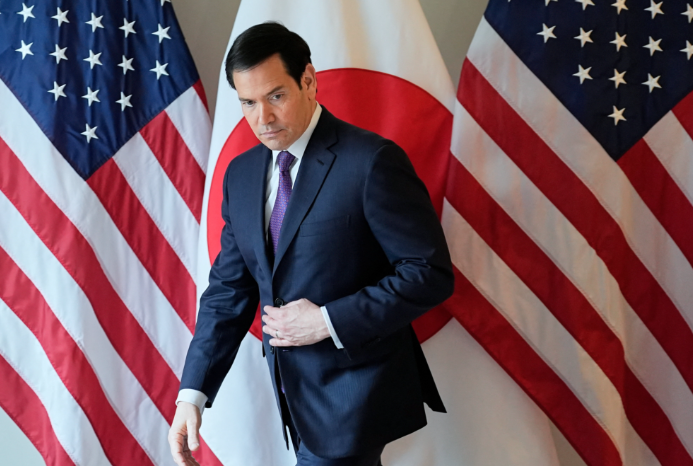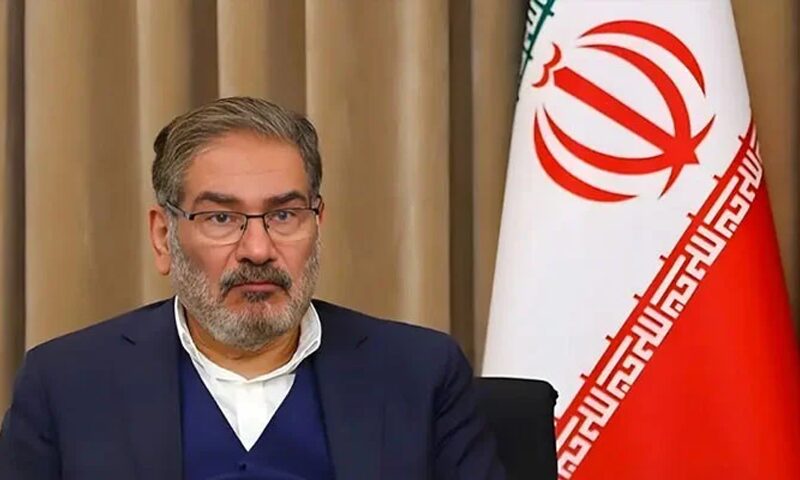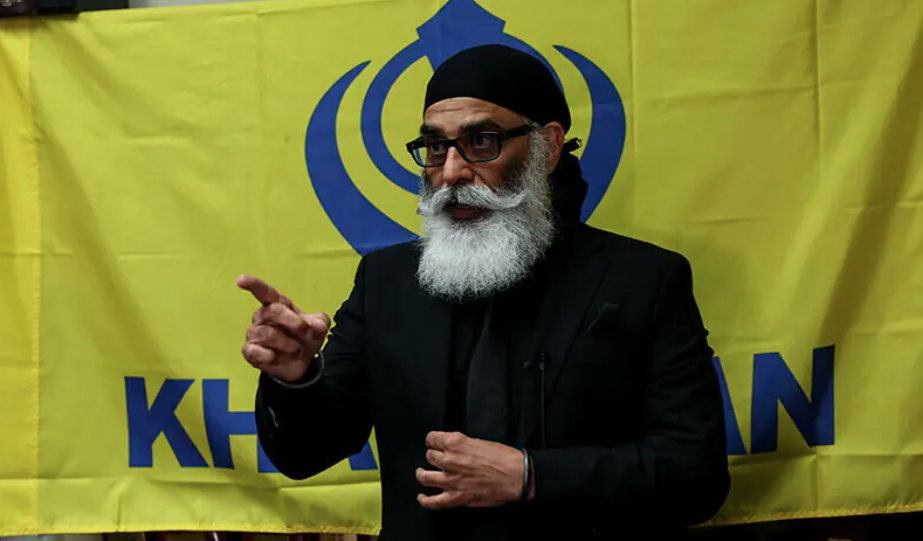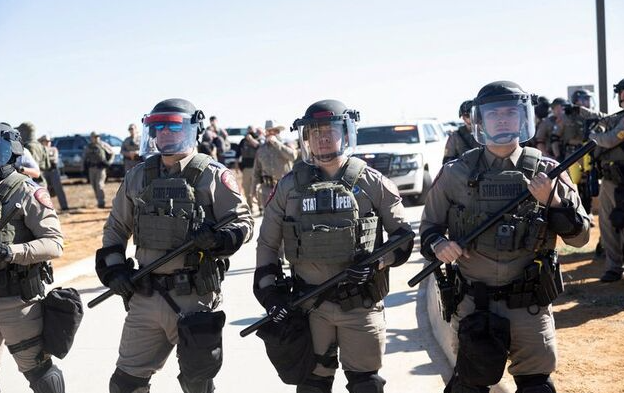WORLD NEWS
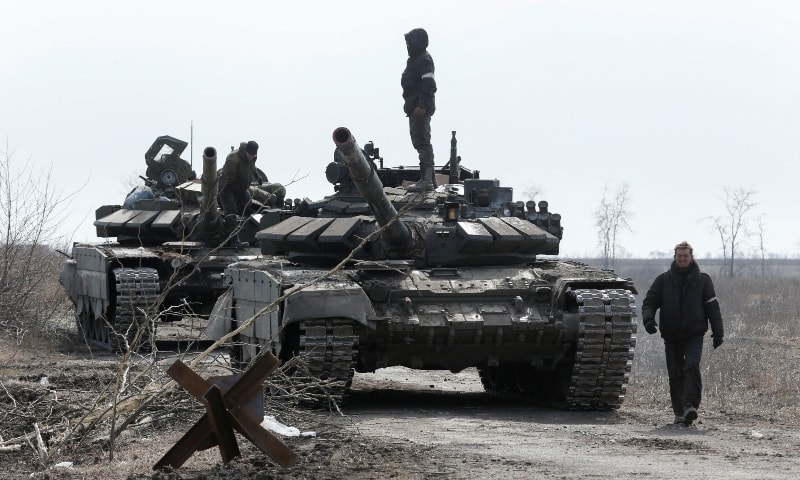
Kremlin spokesman Dmitry Peskov has dismissed reports suggesting that Western officials may advocate for arming Ukraine with nuclear weapons, calling the idea “absolutely irresponsible.” Peskov’s comments come in response to a report by The New York Times last week, which claimed that some anonymous Western officials had floated the possibility of President Joe Biden providing Ukraine with nuclear weapons before he leaves office.
The article suggested that the U.S. could return nuclear weapons to Ukraine, which had previously inherited them after the collapse of the Soviet Union, making them a potential “enormous deterrent” in the ongoing conflict with Russia. However, the report also noted that such a move would be “complicated and have serious implications.”
Peskov reacted strongly, labeling these discussions as the “arguments of people who have a poor understanding of reality” and who fail to appreciate the grave responsibility involved in such statements. He further criticized the anonymous nature of these claims, implying that the comments lacked credibility.
In a broader context, Peskov also warned that the West should heed Russian President Vladimir Putin's recent statements regarding Russia's updated nuclear doctrine, which lowers the threshold for the use of nuclear weapons. This rhetoric has heightened concerns over the potential for nuclear escalation amid the ongoing war in Ukraine.
Meanwhile, Russian Foreign Intelligence Chief Sergei Naryshkin stated that Moscow opposes the idea of simply freezing the conflict in Ukraine. Naryshkin emphasized the need for a "solid and long-term peace" that addresses the root causes of the crisis, rather than merely halting the fighting without a resolution.
In another significant diplomatic move, Russia announced the expulsion of a British diplomat, Edward Wilkes, accusing him of espionage. The Russian Federal Security Service (FSB) claimed that Wilkes, a second secretary at the British Embassy in Moscow, had provided false information upon entering Russia and was involved in intelligence and subversive activities threatening Russia’s security.
The FSB’s statement described Wilkes as part of an undeclared British intelligence presence operating under diplomatic cover. The Russian Foreign Ministry summoned the British ambassador to express its strong protest over the incident. The British Foreign, Commonwealth and Development Office has yet to comment on the expulsion.
This expulsion marks the latest in a series of tit-for-tat diplomatic expulsions between Russia and Western countries, reflecting the ongoing deterioration of relations between Russia and the West, particularly in the wake of Russia’s invasion of Ukraine.
Key Points:
The Kremlin condemned the idea of arming Ukraine with nuclear weapons, calling it irresponsible.
Russia reaffirmed its stance against freezing the conflict in Ukraine, calling for a comprehensive peace solution.
Russia expelled a British diplomat, accusing him of espionage, escalating tensions between Moscow and London.
